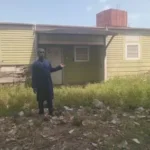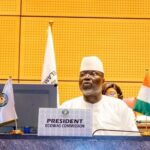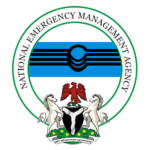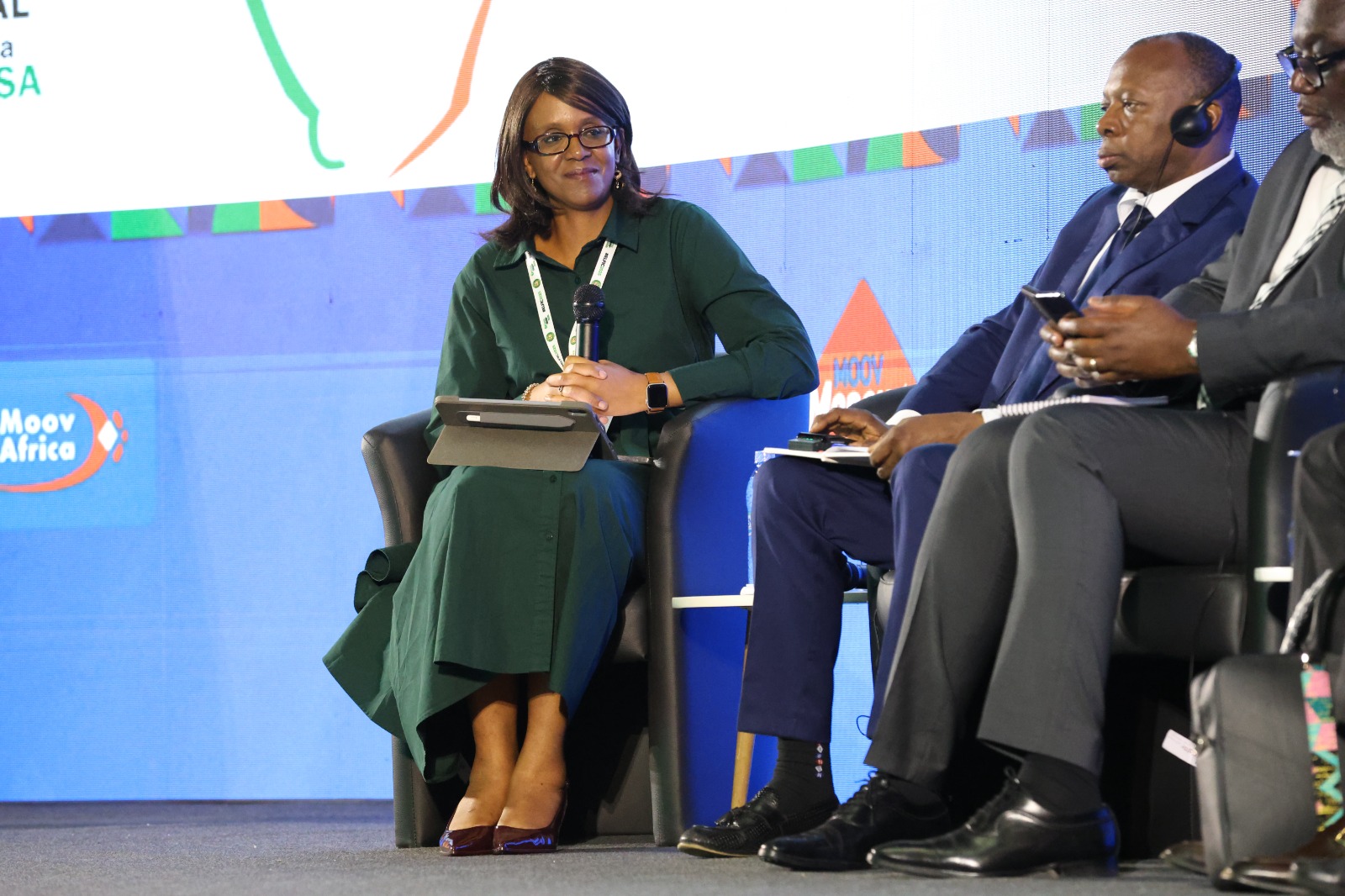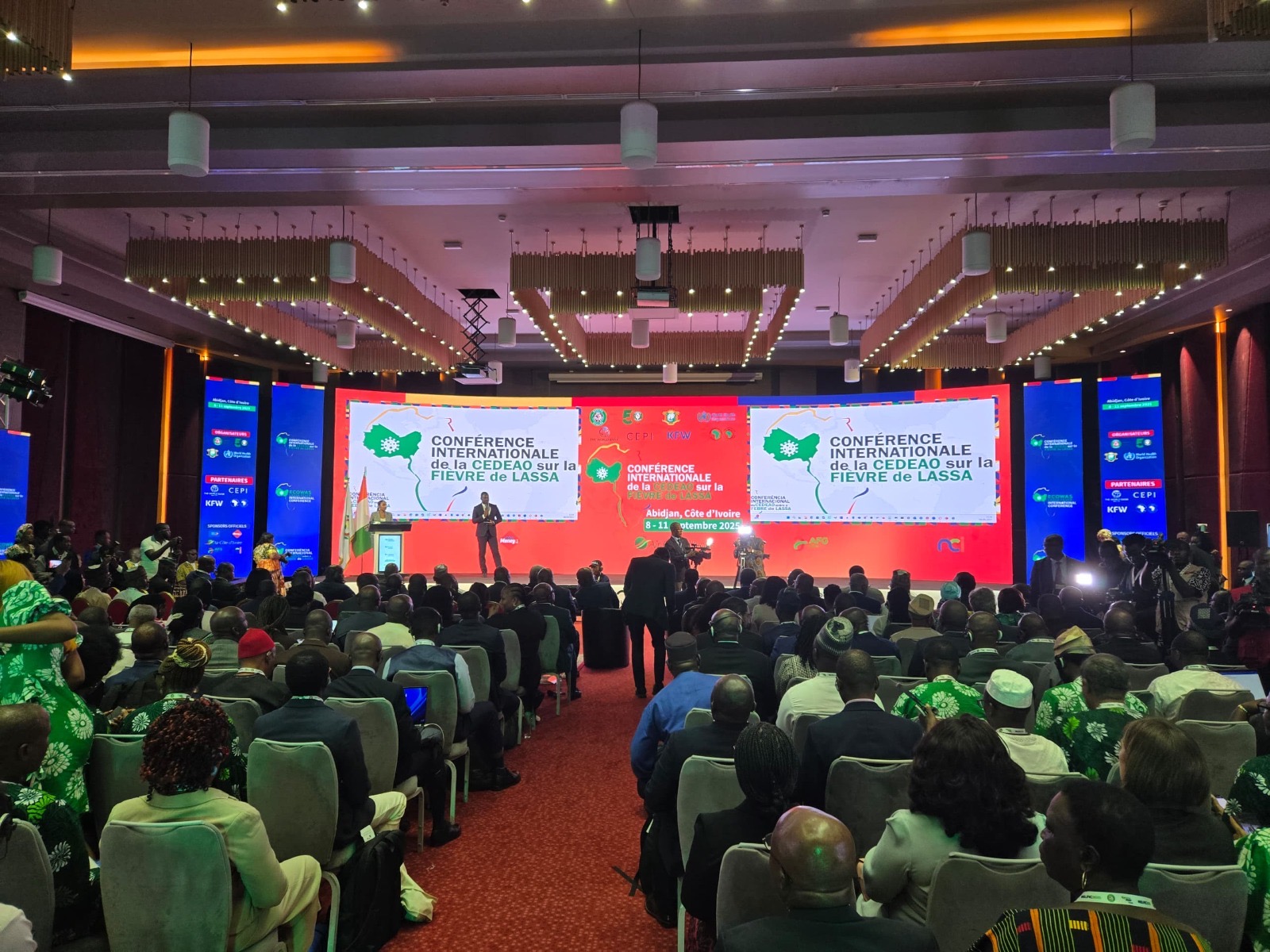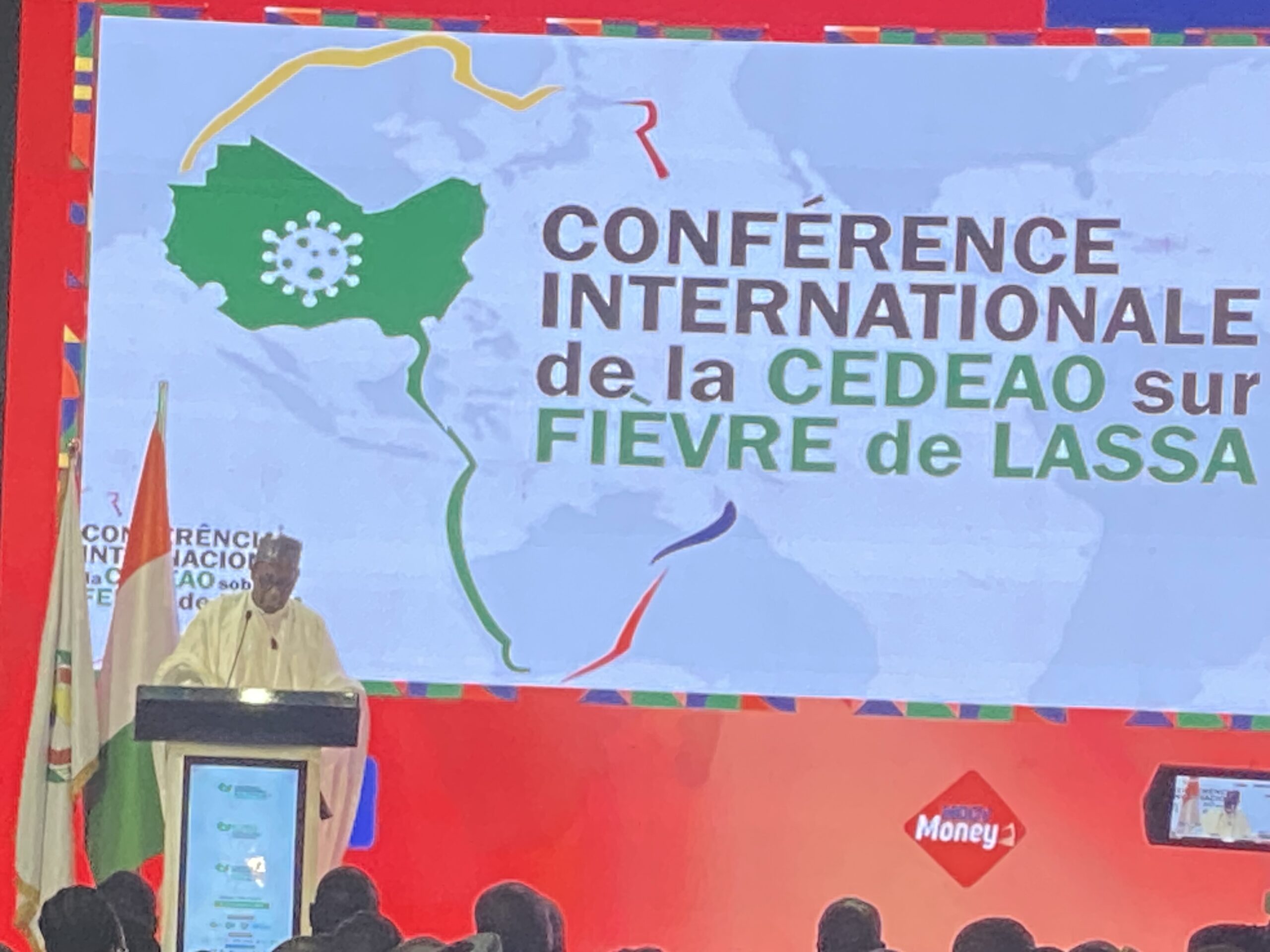Bridging trust in West Africa’s health innovations through media
News Analysis by Ismail Abdulaziz, News Agency of Nigeria (NAN) In a region where misinformation and scepticism often undermine outbreak responses, experts say media collaboration could be the game-changer in driving public acceptance of medical innovations across West Africa. From COVID-19 vaccines to ongoing efforts against Ebola, Lassa fever, MpoxContinue Reading




